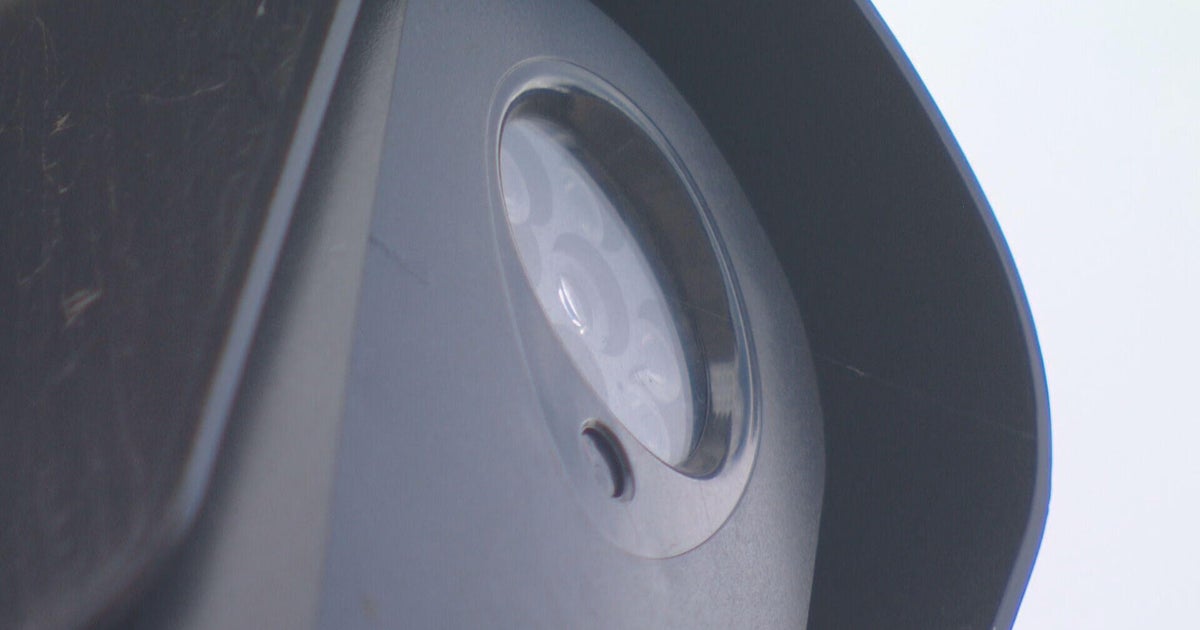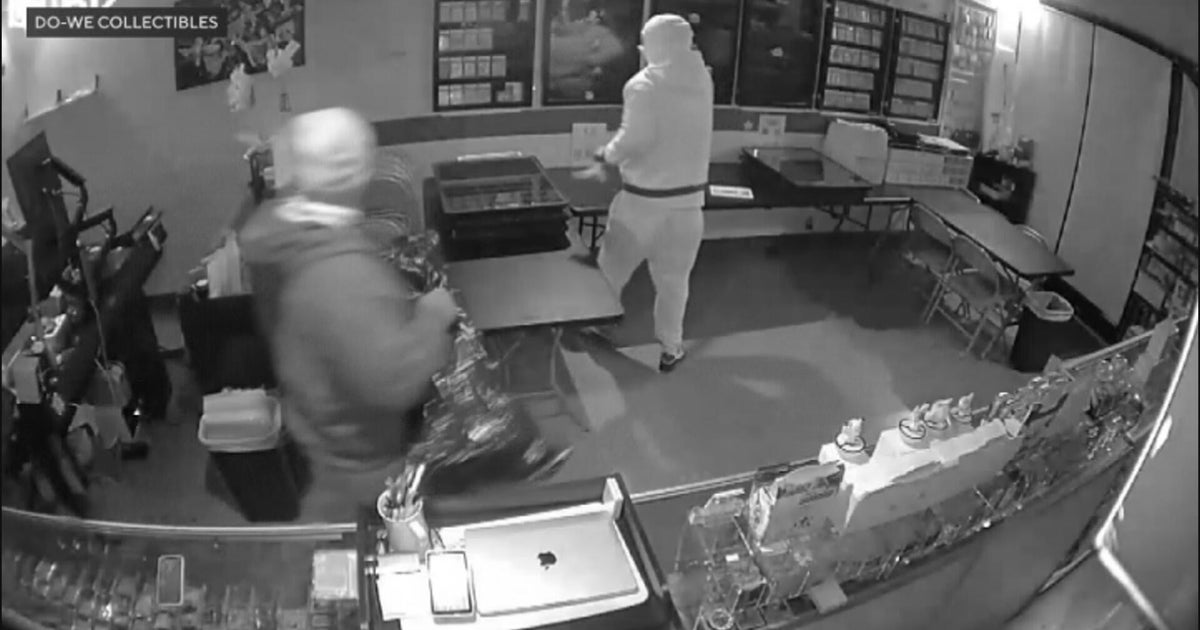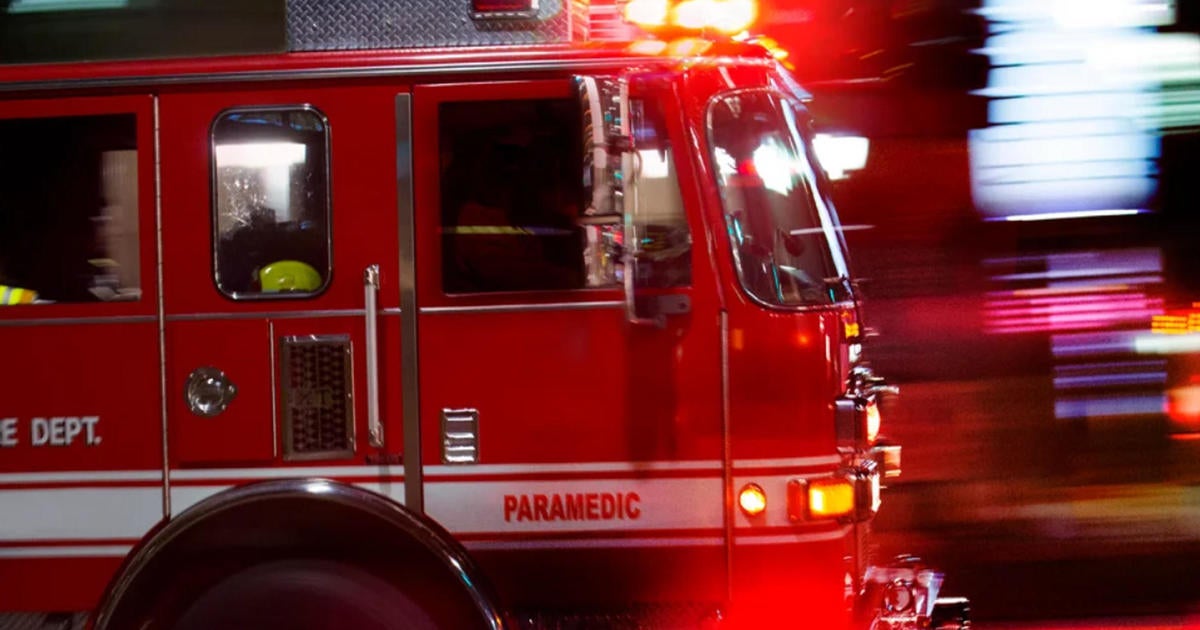2 Investigators: Cabbie Red-Light Tickets Aren't Reported To Regulators
CHICAGO (CBS) -- The city is not getting valuable information it needs to make sure cabbies are safe drivers.
Reports by the 2 Investigators have already resulted in major reforms. But now reporter Pam Zekman has found a loophole involving cab drivers and red-light camera violations.
Take the case of cabdriver Bukwang Yang. He has been caught on camera and issued red-light tickets -- eight times.
When confronted by Zekman, Yang at first blamed the design of the lights, saying they should have timer displays showing how long a yellow light will last.
Pressed about his own responsibility, Yang conceded, "I paid (the tickets). My fault."
So far, Yang has paid $750 in fines, according to the Chicago Department of Revenue.
A spokeswoman for that agency says the department does not forward the red-light camera violations to the City Department of Business Affairs and Consumer Services, which regulates cab drivers. That's because red-light camera tickets are not considered to be moving violations.
Rosemary Krimbel, who heads the city's cab licensing agency, thinks that doesn't make sense. She was interested in the information about Yang.
Under state law, if violators pay their red-light camera tickets the violations do not become part of their official driving record.
If they fail to pay the tickets, however, a cab driver's license can be suspended. In the past, city cab regulators have relied on the drivers to get copies of their official driving record from Secretary of State's Office when the city decides whether to renew a cabbie's license.
Krimbel says she will now get that information from the revenue department as part of her effort to weed out dangerous cab drivers.
"The more data I can get on a driver that we license, the better," she says.
Besides his red-light camera offenses, the 2 Investigators found Yang has had nearly 60 tickets for moving violations since 1989. If city regulators had known about those red-light violations, he might have lost his license before he hit pedestrian Diego Torres Galvan last year.
"I didn't see him," Yang told Zekman. Yang said Galvan was crossing in the middle of the street when he heard a loud noise.
Yang told the police that Galvan "ran into the side of his taxi," according to the police report.
But Galvan's attorney, Brian Kusper, says photos of the cab show the damage was done to the right front part of the cab and the windshield.
It would be "virtually impossible" for that damage to occur if Galvan ran into the side of the cab.
Now Galvan is suing Yang for negligence for failing to operate his cab in a safe manner or exercise care to avoid colliding with a pedestrian, charges Yang denies.
Yang was ticketed by the police for failing to reduce his speed. But the ticket was dismissed because Galvan was not in traffic court when the case was called. At the time, Galvan was still recuperating at his home in California from a brain injury, broken shoulder, knee injury and broken leg caused by the accident.
"There was no way that he was going to be able to travel to Chicago to attend the hearing on the ticket," said Joseph Bosco, Galvan's other attorney.
Because the ticket was dismissed, the city Department of Consumer Services was not aware of the accident.
As a result of cases like this, Commissioner Krimbel says her agency will now get cab accident reports involving injuries from the police as well as information on red-light camera violations.
That information will be added to the department's "watch list" along with passenger complaints to help the city weed out potentially dangerous drivers.
"That is my main concern and the public's concern as well," Krimbel said.
She urged the public to call 311 to report complaints they have.
Krimbel also says there's been a real "shakeup" of personnel at the agency's licensing facility, and disciplinary action taken against one employee who renewed the license of a cabdriver convicted of drunken driving.
The number of cab driver's licenses that have been suspended or revoked increased from 11 in 2010 to 29 in 2011. Most of the increases happened after the new administration took over last May, she said.
As for Yang, he told Zekman he would try to be a better driver.
"No more ticket, OK? I try," he said







